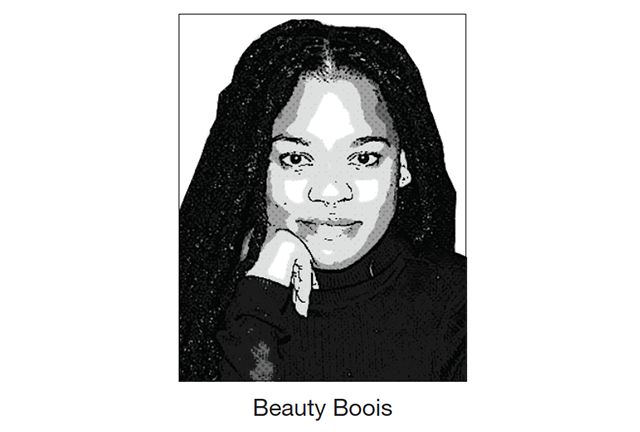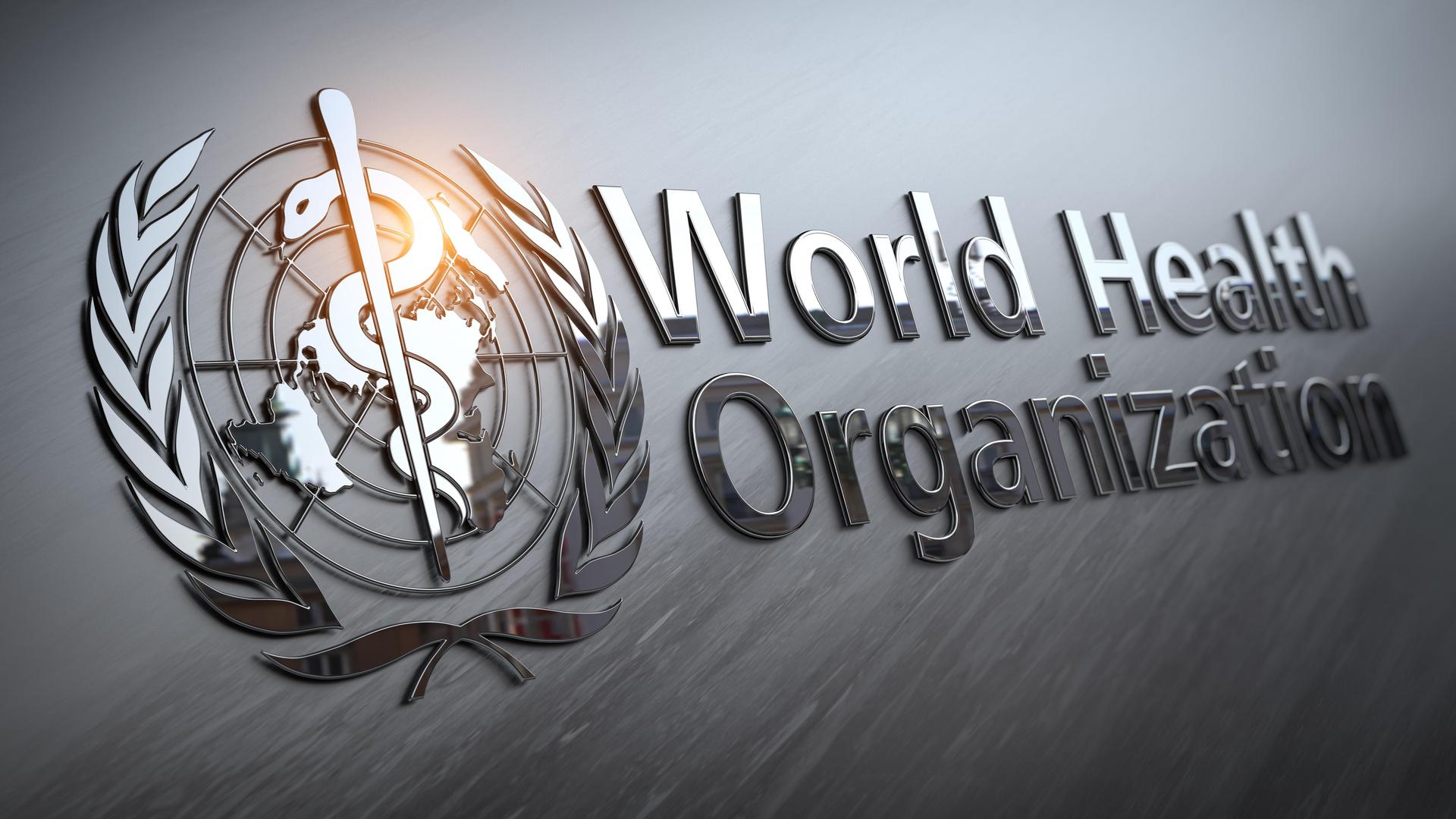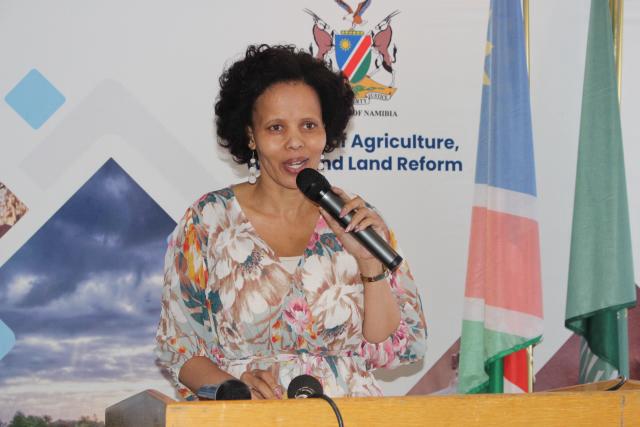BEAUTY BOOISNAMIBIA IS a patriarchal society – in short, certain hierarchies exist that place people in categories and tie those categories to a perceived social value. In a patriarchal society, people with power – in most cases, men and the wealthy – are in positions where they can wield privilege and exert power.
They also tend to perpetuate violence (which can be physical, emotional or structural) against those at ‘lower’ levels to maintain their status and their positions of power, as highlighted by Anne Firth Murray of Stanford University.
Not enough conversations are taking place about structural violence in Namibia. That is, violence rooted in unequal power relations which stems from unfair, oppressive and unjust economic, political and social structures (as defined by Lindy Heinecken of Stellenbosch University). Structural violence has long been used as a tool of power and governance through, for example, colonial rule and apartheid.
This form of violence is currently perpetuated by government officials such as the former minister of justice who is under investigation for his involvement in the Fishrot scandal. Another example is the use of apartheid-era laws like the Abortion and Sterilisation Act of 1975. Or underpaying employers as in the case of Shoprite. Then there is the deplorable condition of the Katutura State Hospital, the state of informal settlements across the country, such as Twaloloka, among others. Or the conditions and lack of resources at some schools which deny young Namibians access to quality education. These are just a few examples of the pervasive nature of structural violence that deprives Namibians of access to quality healthcare, education, employment opportunities and decent living conditions.
From the Fishrot scandal to corruption halting a mass housing project, to the N$247 million stolen from the SME bank, to GIPF ‘losing’ N$600 million, Namibia has long been the victim of corruption, as greedy politicians and businessmen loot and hoard national resources for themselves and their cronies. An insatiable lust for wealth seems to be at the core of most corruption in Namibia, which, as Pumla Dineo Gqola describes it, requires the hoarding of resources. This, in turn, takes away resources that would otherwise enable people living in poverty to live decently and in an equitable world. Close to one million Namibians live in informal settlements and have little to no access to basic services such as water, sanitation facilities and electricity.
In the Doha Declaration, the effects of corruption are outlined as undermining sustainable development goals, economic loss, inequality, impunity and partial justice, diminished state capacity, human rights violations and public frustration and cynicism.
Money which could be spent on better education, access to quality healthcare facilities and services, and ultimately, the eradication of poverty, is consistently lost to corruption. Funds which could be used to ensure access to contraceptives to avoid teenage and unwanted pregnancies, funds which could be used to provide affordable housing for all, funds which could be used to build better state hospitals and improve the quality of life for all Namibians, continue to be lost to corruption. Namibia has become a state of unequal opportunity in which those within corrupt networks seem to thrive while the majority of citizens struggle to survive.
The Office of the High Commissioner for Human Rights (OHCHR) calls corruption “a structural obstacle to the enjoyment of human rights”, which is the result of the diminished capacity of the government to ensure that all citizens enjoy socio-economic rights.
Too many of us glorify wealth attained through corrupt and exploitative means. Too many of us offer praise and cheer for the ‘grootmanne’ of Namibia who loot and hoard resources, robbing others of a decent standard of living.
Too many of us are content to live in an unequal society engineered by greed-driven wealth.
It’s time that all Namibians, as well as those within government and in positions of power who are not corrupt, start to treat structural violence with the same disdain as physical violence.
Structural violence and its all-encompassing corruption and ‘grootman’ culture must not only be condemned, it must be dismantled if we want to avoid the demise of the Namibian nation.
Stay informed with The Namibian – your source for credible journalism. Get in-depth reporting and opinions for
only N$85 a month. Invest in journalism, invest in democracy –
Subscribe Now!










